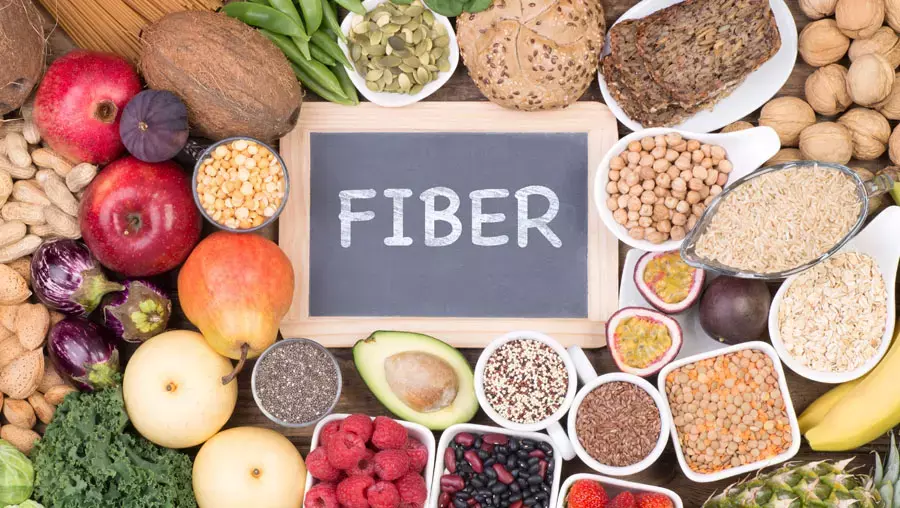- Home
- Medical news & Guidelines
- Anesthesiology
- Cardiology and CTVS
- Critical Care
- Dentistry
- Dermatology
- Diabetes and Endocrinology
- ENT
- Gastroenterology
- Medicine
- Nephrology
- Neurology
- Obstretics-Gynaecology
- Oncology
- Ophthalmology
- Orthopaedics
- Pediatrics-Neonatology
- Psychiatry
- Pulmonology
- Radiology
- Surgery
- Urology
- Laboratory Medicine
- Diet
- Nursing
- Paramedical
- Physiotherapy
- Health news
- Fact Check
- Bone Health Fact Check
- Brain Health Fact Check
- Cancer Related Fact Check
- Child Care Fact Check
- Dental and oral health fact check
- Diabetes and metabolic health fact check
- Diet and Nutrition Fact Check
- Eye and ENT Care Fact Check
- Fitness fact check
- Gut health fact check
- Heart health fact check
- Kidney health fact check
- Medical education fact check
- Men's health fact check
- Respiratory fact check
- Skin and hair care fact check
- Vaccine and Immunization fact check
- Women's health fact check
- AYUSH
- State News
- Andaman and Nicobar Islands
- Andhra Pradesh
- Arunachal Pradesh
- Assam
- Bihar
- Chandigarh
- Chattisgarh
- Dadra and Nagar Haveli
- Daman and Diu
- Delhi
- Goa
- Gujarat
- Haryana
- Himachal Pradesh
- Jammu & Kashmir
- Jharkhand
- Karnataka
- Kerala
- Ladakh
- Lakshadweep
- Madhya Pradesh
- Maharashtra
- Manipur
- Meghalaya
- Mizoram
- Nagaland
- Odisha
- Puducherry
- Punjab
- Rajasthan
- Sikkim
- Tamil Nadu
- Telangana
- Tripura
- Uttar Pradesh
- Uttrakhand
- West Bengal
- Medical Education
- Industry
More fiber content in food may help relieve chronic constipation: Study

UK: A recent study published in The American Journal of Clinical Nutrition suggests that constipation can be relieved by taking more fiber into the diet.
A common illness that is yet difficult to cure is chronic constipation. Increased fiber consumption may reduce symptoms, according to studies, however, it's unclear what kind, how much, and for how long. Therefore, Alice van der Schoot and colleagues conducted this investigation using a systematic review of randomized controlled trials to examine the impact of fiber supplementation on stool production, gut transit time, symptoms, and quality of life in individuals with chronic constipation (RCTs).
Electronic databases, manual searches of abstracts, and reverse citation were all used to find all relevant cases. RCTs that reported giving people with persistent constipation fiber supplements were included. The Cochrane RoB 2.0 tool was used to evaluate risk of bias (RoB). Using a random-effects model, the results were summarized using risk ratios (RR), mean differences (MD) or standardized mean differences (SMD), and 95 percent confidence intervals (CI).
The key findings of this study were as follows:
1. 1,251 individuals from 16 RCTs were included.
2. Psyllium and pectin had notable impacts, with 311/473 (66%) responding to the fiber therapy and 134/329 (41%) responding to the control.
3. Regardless of the length of the therapy, a greater response to the treatment was visible, but only when the fiber dose was larger (>10 g/d).
4. Fiber improved the frequency of bowel movements; psyllium and pectin had substantial effects; improvement appeared only after using more fiber and for a longer period of time (around four weeks).
5. Stool consistency was improved by fiber, especially with greater fiber doses.
6. When compared to the control, flatulence was more common with fiber.
In conclusion, though caution should be used when interpreting the data due to significant heterogeneity, psyllium, dosages over 10 g/d, and treatment duration of at least 4 weeks look best. These findings offer encouraging proof about the best kind and schedule of fiber supplementation, which might standardize advice given to patients.
Reference:
van der Schoot, A., Drysdale, C., Whelan, K., & Dimidi, E. (2022). The effect of fiber supplementation on chronic constipation in adults: an updated systematic review and meta-analysis of randomized controlled trials. In The American Journal of Clinical Nutrition. Oxford University Press (OUP). https://doi.org/10.1093/ajcn/nqac184
Neuroscience Masters graduate
Jacinthlyn Sylvia, a Neuroscience Master's graduate from Chennai has worked extensively in deciphering the neurobiology of cognition and motor control in aging. She also has spread-out exposure to Neurosurgery from her Bachelor’s. She is currently involved in active Neuro-Oncology research. She is an upcoming neuroscientist with a fiery passion for writing. Her news cover at Medical Dialogues feature recent discoveries and updates from the healthcare and biomedical research fields. She can be reached at editorial@medicaldialogues.in
Dr Kamal Kant Kohli-MBBS, DTCD- a chest specialist with more than 30 years of practice and a flair for writing clinical articles, Dr Kamal Kant Kohli joined Medical Dialogues as a Chief Editor of Medical News. Besides writing articles, as an editor, he proofreads and verifies all the medical content published on Medical Dialogues including those coming from journals, studies,medical conferences,guidelines etc. Email: drkohli@medicaldialogues.in. Contact no. 011-43720751


